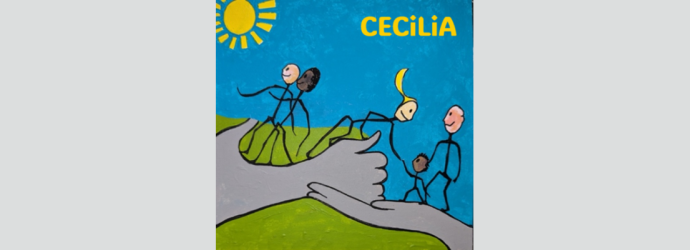
Developing Attention in Autism – training and implementation for autism provisions (free workshop)
Autism is a form of neurodivergence defined by differences in social interaction and repetitive, restricted behaviours (American Psychiatric Association, 2013) with a frequency of around 1 in 50 children (Baio et al., 2018). An emergent focus of recent research in autism highlights the importance of attention processes, which are linked to both learning and academic performance, and mental health and anxiety. Importantly, attention can be developed, especially with the use of digital tools (such as the CPAT app we have developed) which in turn could benefit autistic children in schools in terms of academic performance and wellbeing.
However, for such tools and approaches to be utilised successfully in the field they need to be made accessible within educational settings, and for teachers and practitioners to be able to implement and utilise them effectively. In this half-day workshop, we will share our most recent experience of joining forces with the Staffordshire Autism Inclusion team and the National Association for Special Educational Needs (NASEN) to co-produce and test training materials and activities that could be used by service providers. Furthermore, we will explore and openly discuss with attendees different approaches to training and knowledge transfer in different settings and their usefulness in the context of autism provisions.
The workshop will incorporate presentations from key practitioners and experts-by-experience and will also include a demonstration of CPAT and the work we have done with it. It will culminate with a panel discussion that will be open to questions from the floor.
Dr Carmel Mevorach, Associate Professor in Cognitive Neuroscience, and Dr Andrew Surtees Associate Professor in Psychology, Centre for Developmental Science, University of Birmingham, will chair the workshop, which will be delivered by colleagues from Staffordshire Autism inclusion team, NASEN, the University of Birmingham and others.









